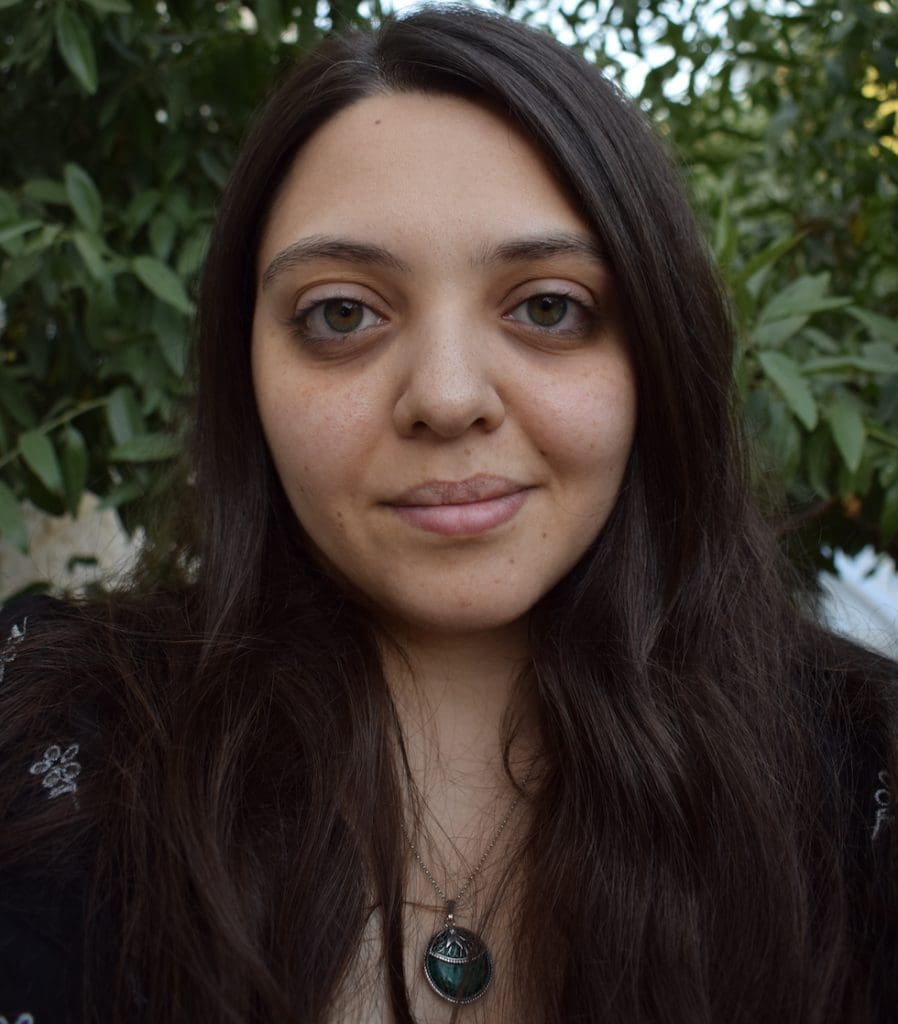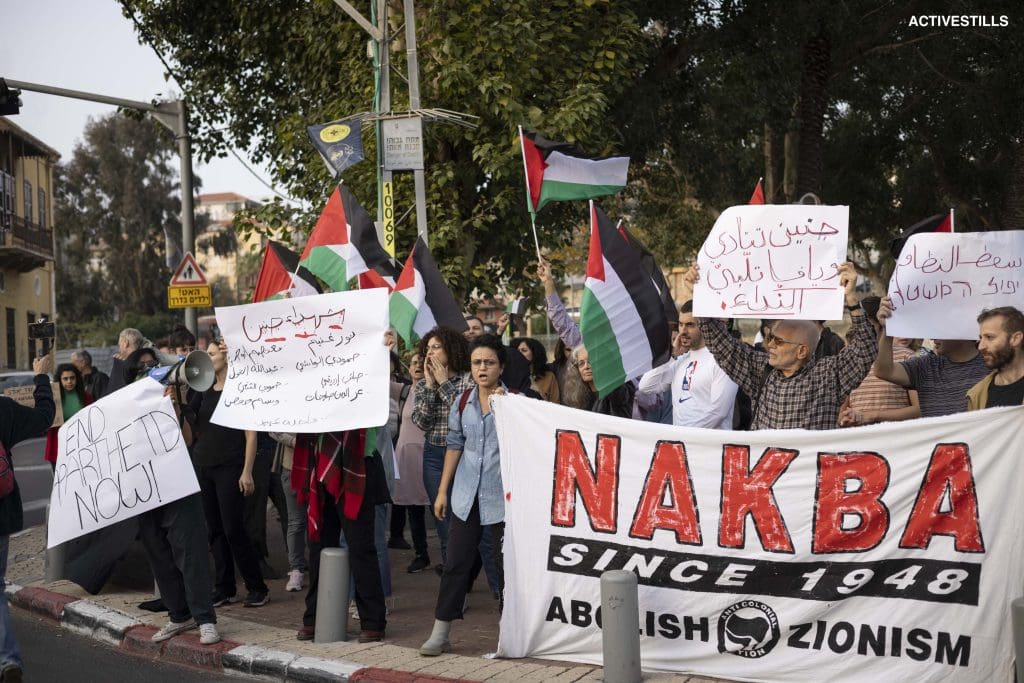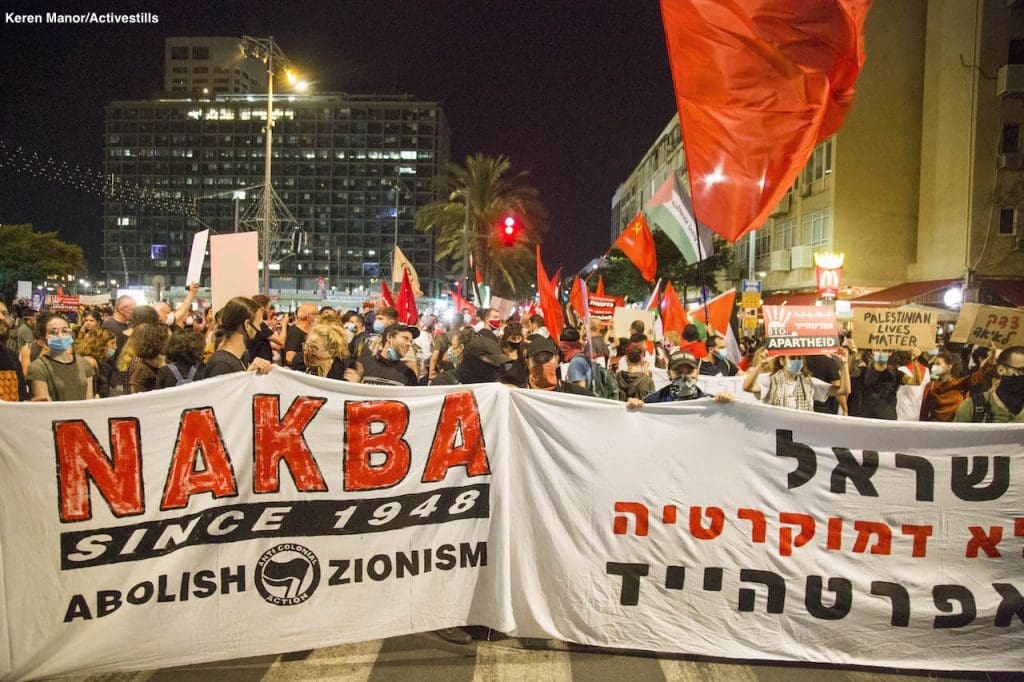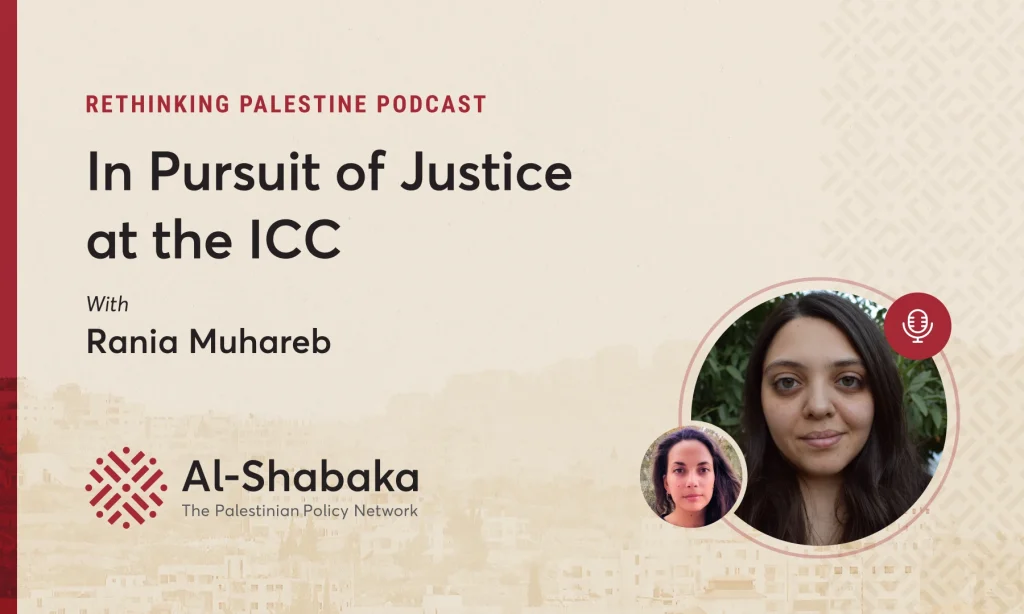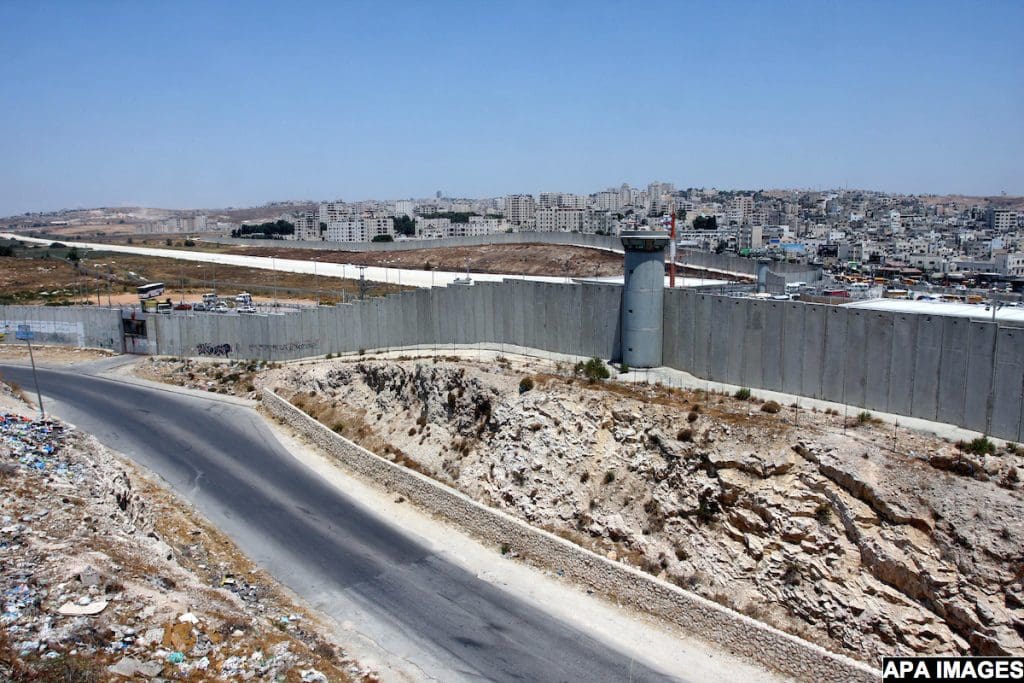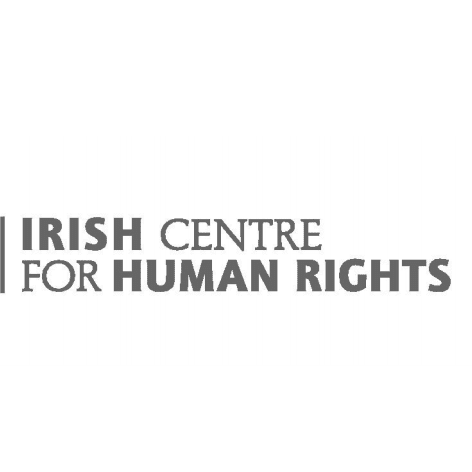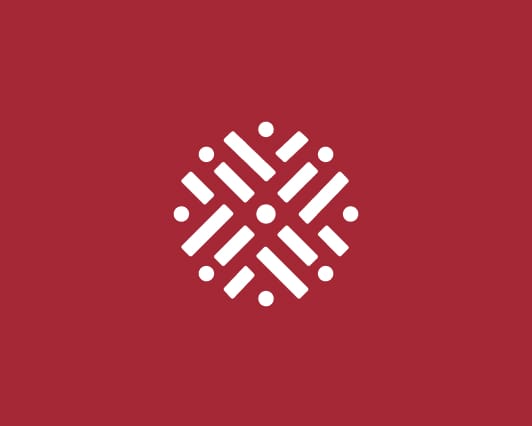Rania Muhareb is an Irish Research Council and Hardiman PhD Scholar at the Irish Centre for Human Rights at the National University of Ireland, Galway. Her PhD research examines the relevance of the apartheid framework to the Palestinian struggle for decolonization. Between 2017 and 2020, she worked as a legal researcher and advocacy officer with the Palestinian human rights organization Al-Haq. Rania holds an LLM in international human rights and humanitarian law from the European University Viadrina Frankfurt (Oder) and an undergraduate degree from Sciences Po Paris.
From this author
In this Focus On, Al-Shabaka’s policy analysts imagine Palestinian political futures within the context of historical and ongoing realities. Among other topics, they revisit the history of popular committees and consensus-building efforts during the First Intifada to show how local Palestinian governance might be strengthened, and how we might rethink the meaning of self-determination from the grassroots. They consider how various aspects of Palestinian society, including health, education, and policing, could be transformed to help sustain a new political vision for liberation, and revive popular engagement in colonized Palestine and beyond. And they examine the different means through which Palestinians can utilize international legal avenues to strategize an effective anti-apartheid movement.
The Unity Intifada of May 2021 emphasized the centrality of Palestinian popular mobilization in the struggle against Israel’s settler-colonial apartheid regime. It is imperative that discussions of an anti-apartheid movement in Palestine remain true to the Unity Intifada’s decolonial praxis: to confront Zionism’s “racist settler colonialism in all of Palestine” and to challenge Israel’s fragmentation of the Palestinian people as a tool of domination.
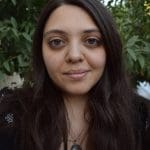
Rania Muhareb· Mar 23, 2022
Rania Muhareb joins host Yara Hawari to discuss Palestine's case at the International Criminal Court. Whilst many legal experts are optimistic toward the possibility of pursuing justice for Palestinians, some remain less hopeful, citing the many challenges that lay ahead in terms of international pressure, Israeli lobbying, as well as institutional issues within the ICC itself.


Netanyahu has pledged to begin annexing parts of the West Bank as soon as next month. What are the implications of such a move, and what can be learned from Israel’s previous annexations of Jerusalem and the Golan Heights?









